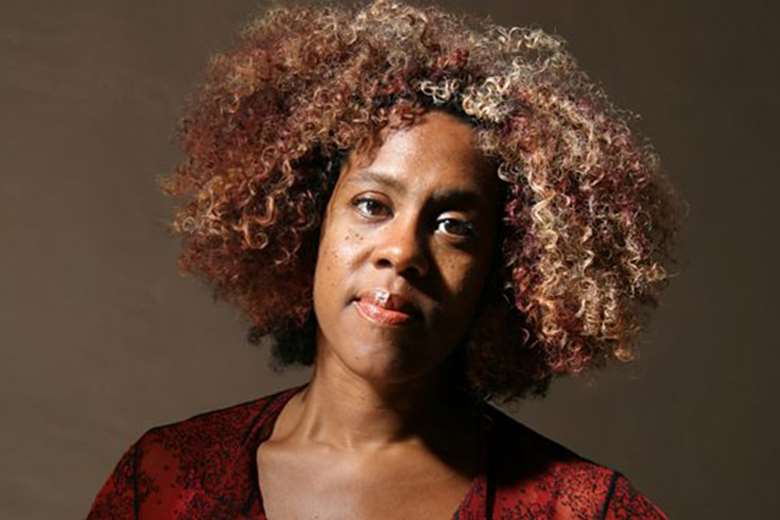Composing Dido's Ghost: an in-depth exploration
Tuesday, August 17, 2021
Errollyn Wallen's new opera continues - and draws on her life-long fascination with - the story of Dido and Aeneas

Register now to continue reading
Thanks for exploring the Gramophone website. Sign up for a free account today to enjoy the following benefits:
- Free access to 3 subscriber-only articles per month
- Unlimited access to our news, podcasts and awards pages
- Free weekly email newsletter








